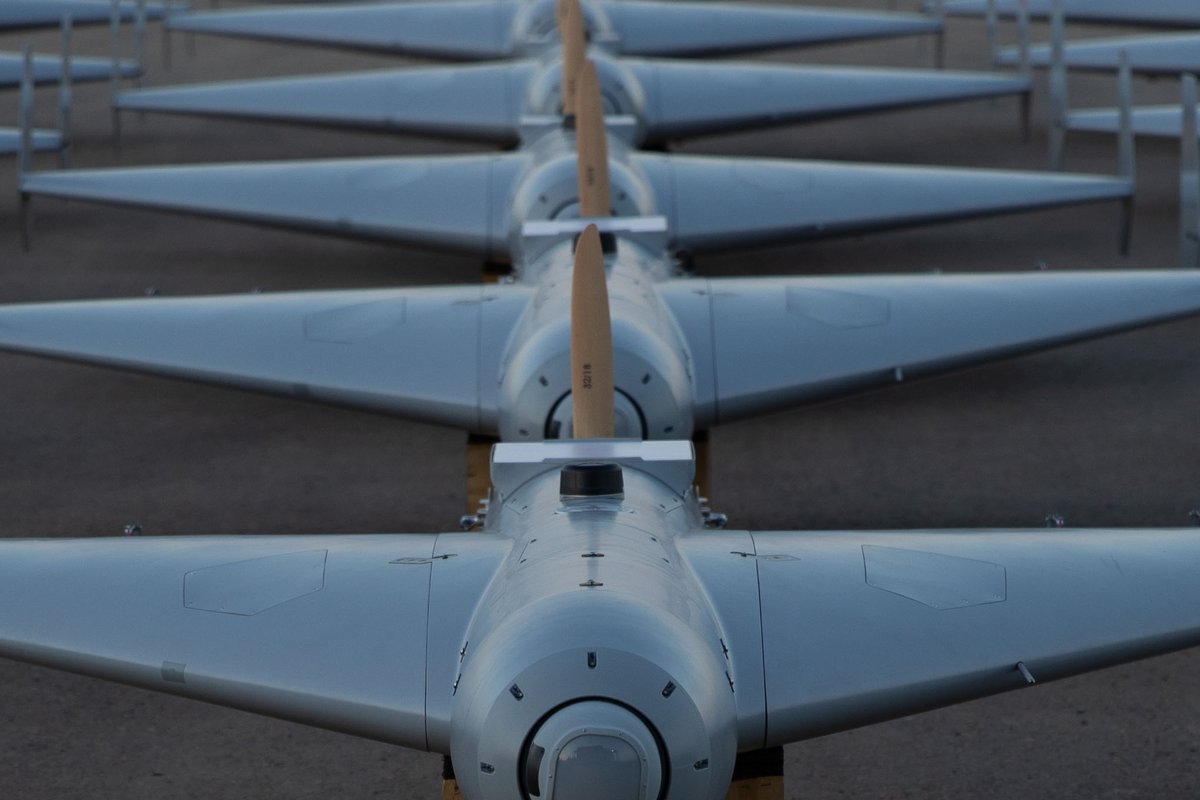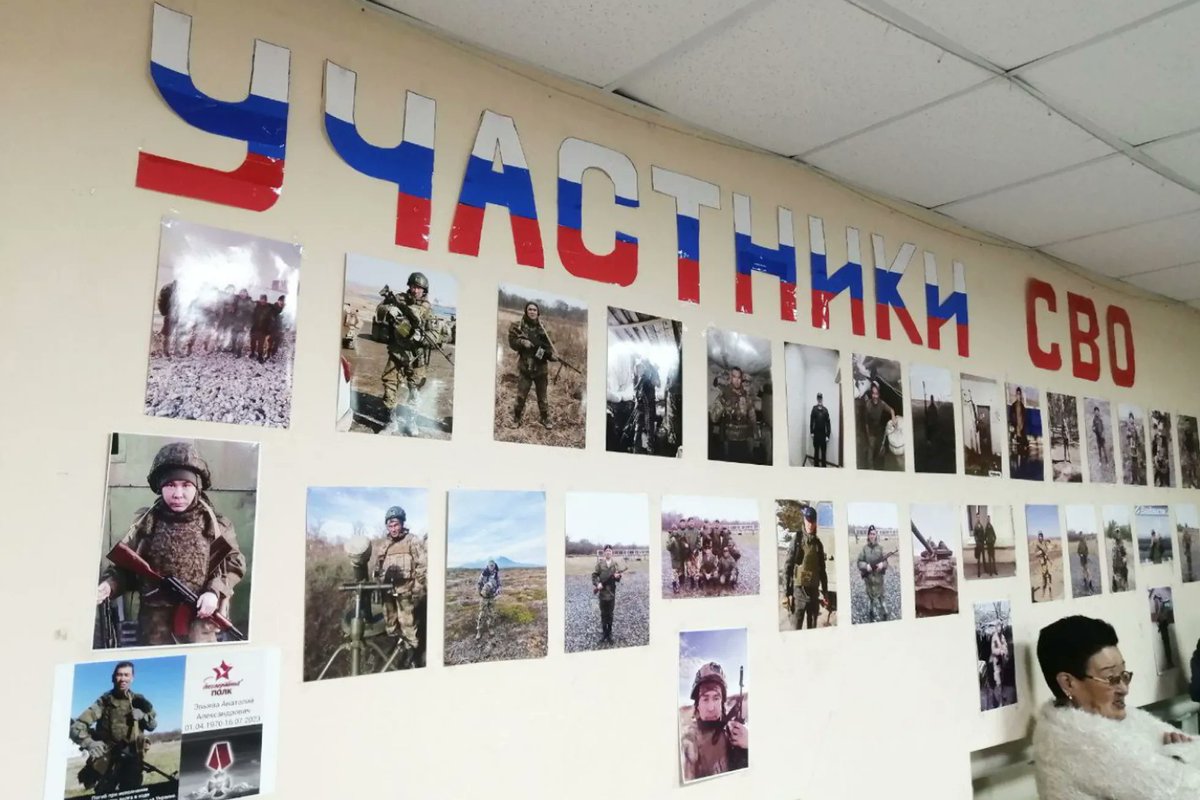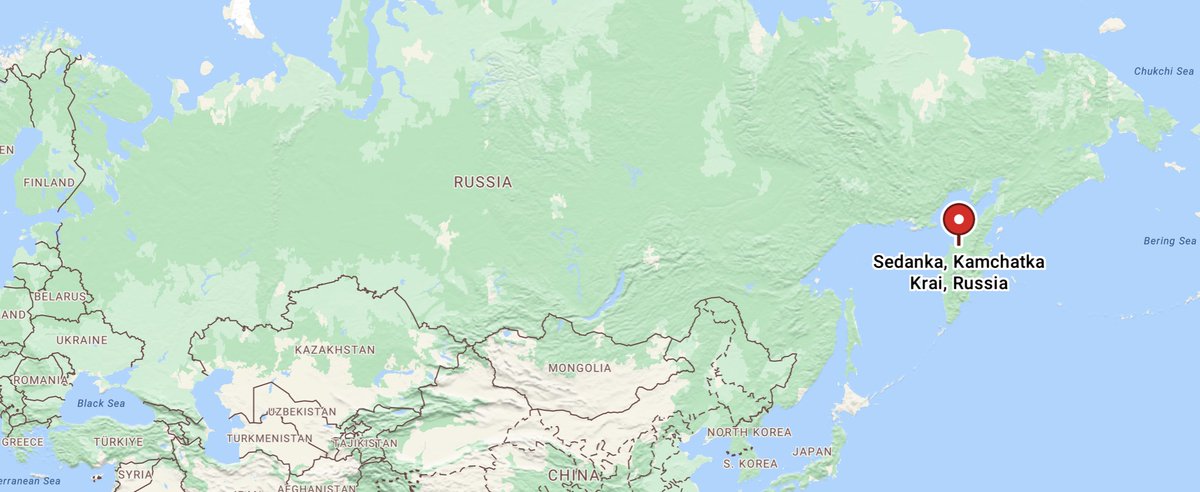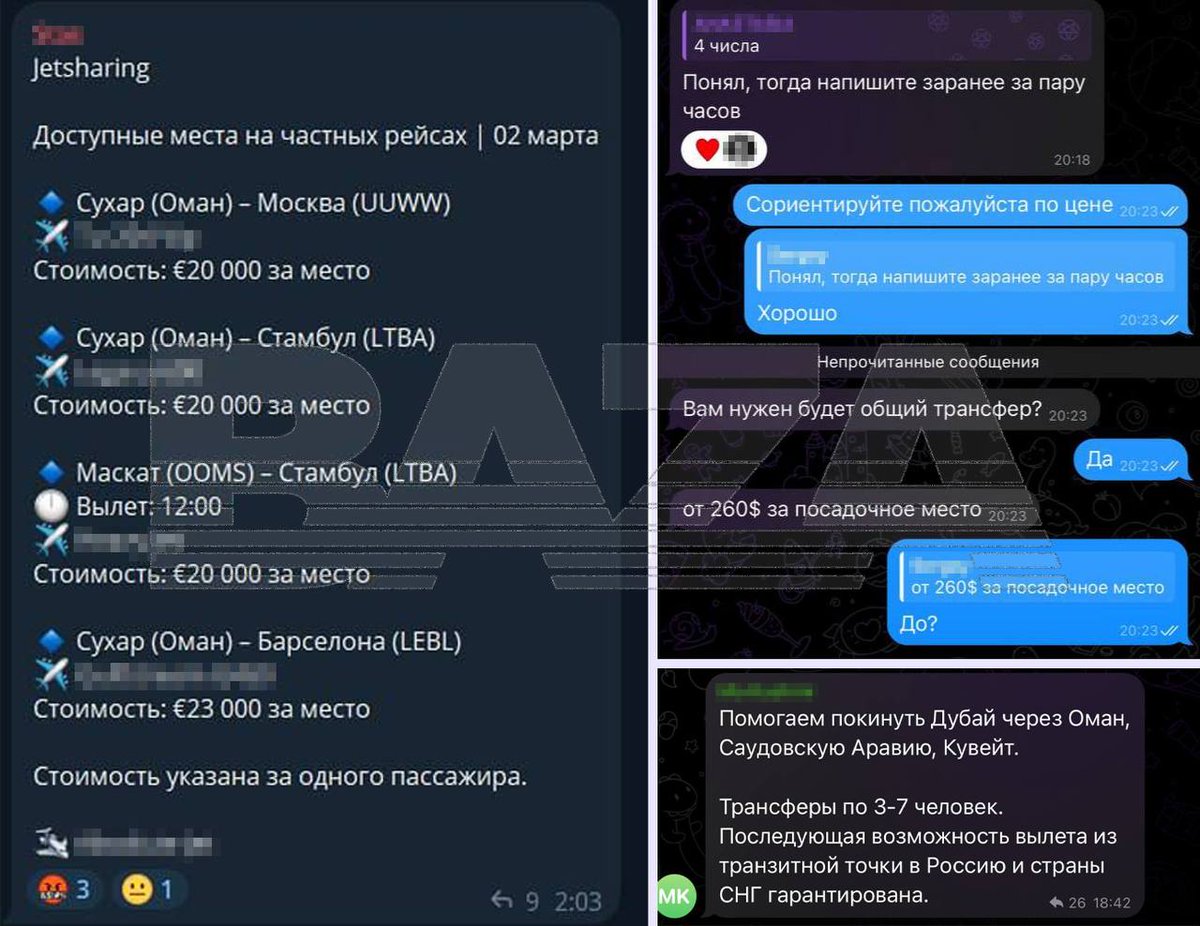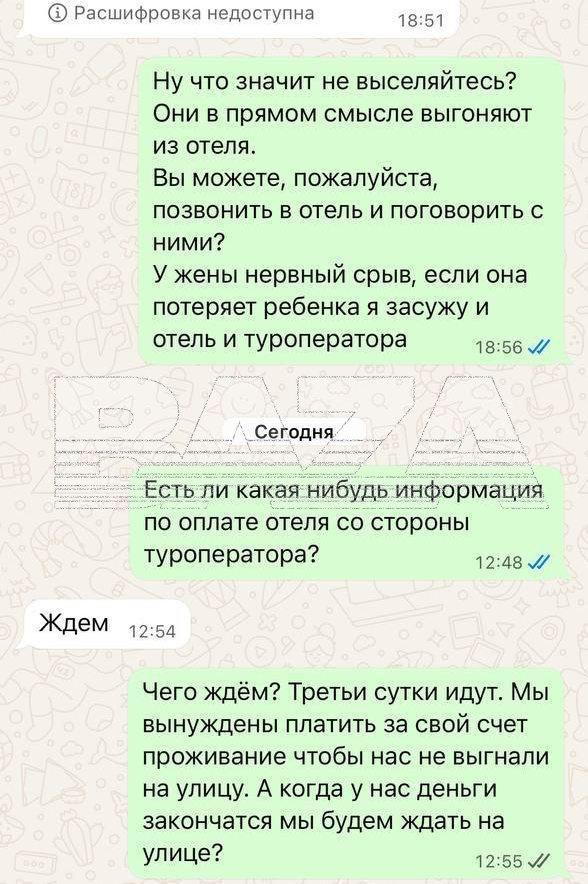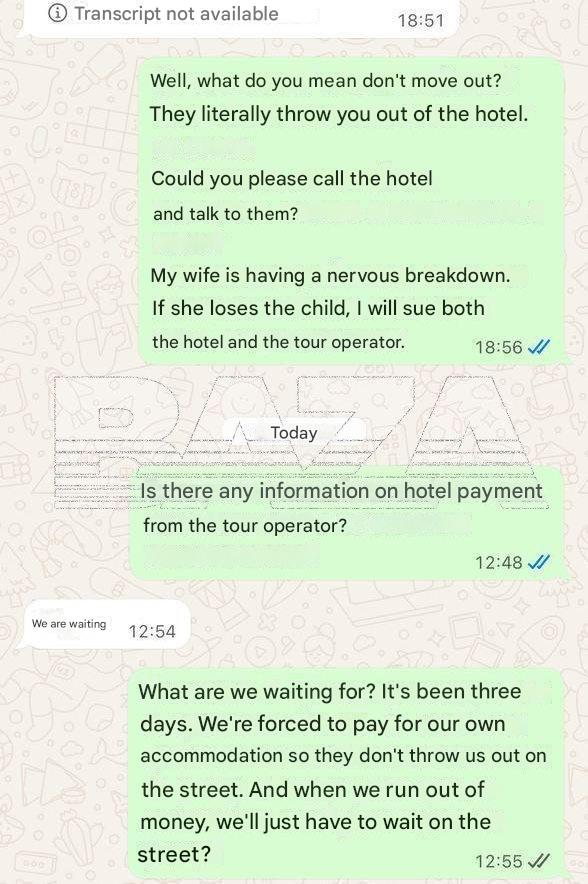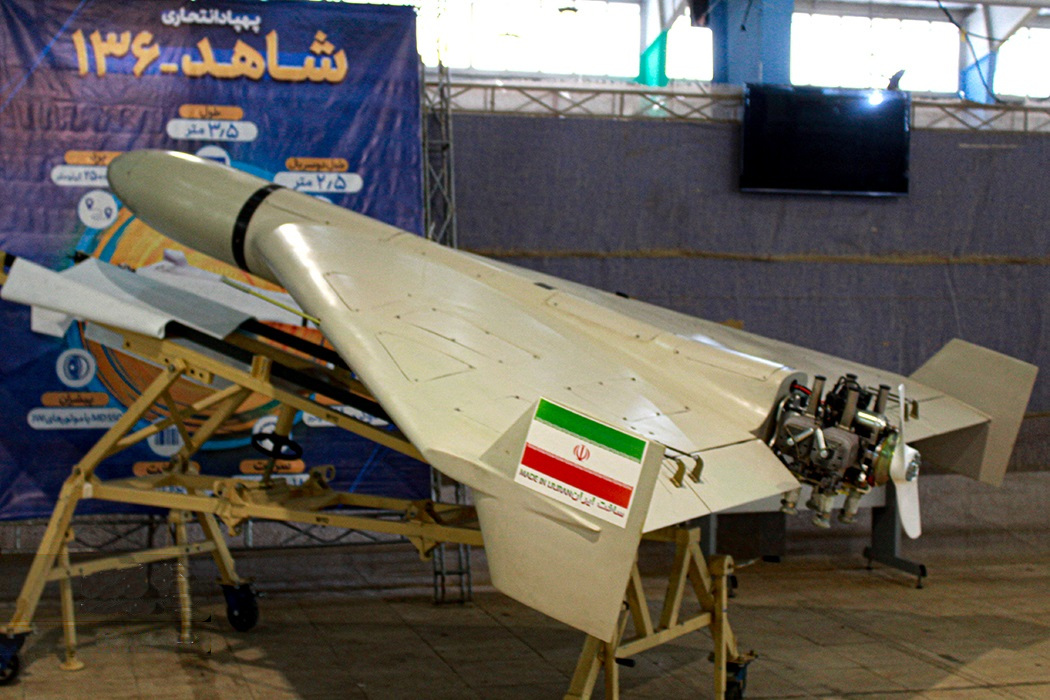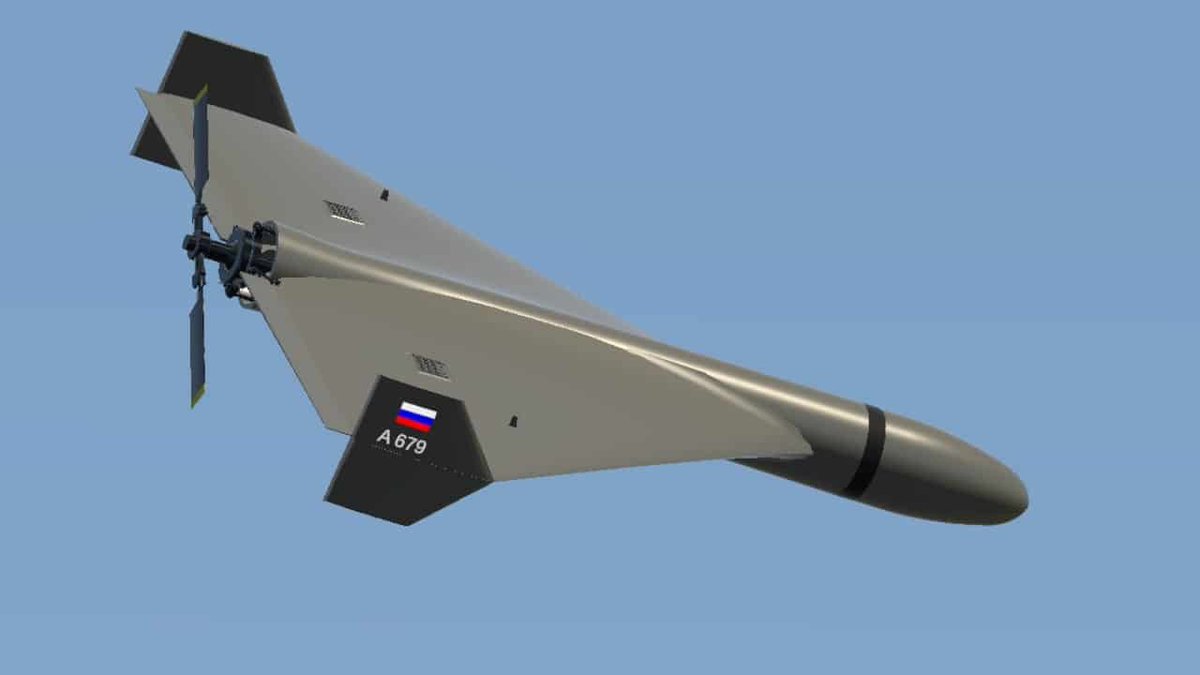1/ A Russian medic who has deserted from the Russian army and is seeking asylum in France has given a vivid account of the grim conditions on the Russian front line in Ukraine, the brutality of the Russian commanders, and the threats faced by Russian troops. ⬇️ 

2/ 40-year-old Alexey Zhilyaev from Murino near St Petersburg deserted from the Russian army in August 2024 after nine months of service as a medic. He fled Russia with the aid of a dissident group and is now in France, where he is seeking political asylum.
3/ Interviewed by Radio Free Europe, Zhilyaev says that he had trained as a medic as a student. He was inspired to join the army by seeing "crowds of people without arms and legs, on crutches and in wheelchairs, getting off the train" in St Petersburg.
4/ He was taken to Ukraine only a week after signing a contract with the army, but found the 'liberated' territories a desolate wasteland. "Everything is destroyed. Everyone who remains works in markets, shops, car repair shops, hotels."
5/ "There is nothing else left there – no production, no work ... No one is waiting for us there as liberators. Even if they smile at you, for example, in a store, you can tell from their look that they hate you. These are the ones who, according to Putin, must be liberated."
6/ Zhilyaev was sent to the third line of defences, behind the front lines, where he was sent almost daily on evacuation missions to recover the wounded and dead. It was an extremely hazardous task because of the aerial dominance of Ukraine's kamikaze drones.
7/ Although the Russians had electronic warfare systems, they often weren't effective. Zhilyaev says there were entire "swarms" of Ukrainian drones in his sector, averaging five per Russian soldier. Men were killed within minutes of arriving at the front line.
8/ "A guy, 18 years old, [had] 20 minutes at the front, an FPV drone flew at him with a TNT block – that was it. They turn [you] to dust straight away. It’s the same at our “zero” [base].
9/ "The soldiers from the second battalion arrived, the drone tore off a guy’s leg in a dugout at the old “zero”. We run up, provide assistance. It’s clear that they’re still flying.
10/ "They covered him with a second stretcher and jumped into another dugout saying “we want to live too”.
11/ "There really are a lot of drones. The guys once took a position and said: the Ukrainians have a 3D printer, control boards, motors there. And they assemble drones right on their front."
12/ He is harshly critical of Russian commanders, who he says direct their troops as if they were playing a game of Command & Conquer: Red Alert. The Russians rely on crude 'meat assault' tactics, with the Ukrainians constantly preparing traps for them as they withdraw.
13/ "The Ukrainians safeguard their personnel. If the Russians go on the offensive, they retreat, and the Russian army occupies a point. And at this point, the Ukrainians have already zeroed in on all positions, and where they haven’t zeroed in, they drop sensors from drones.
14/ "And they start to encircle them. An assault detachment of 15 people left, three came out, the rest stayed there. That’s usually how it goes. I can tell about losses in general by the ratio of evacuated bodies of Ukrainian and Russian soldiers, [which is] 1 to 7."
15/ Zhilyaev says that Russian commanders treat their men brutally, sending individual soldiers into near-suicidal assaults on the basis of personal animosity or, in one case, because a commander objected to a man being unshaven.
16/ "An assault battalion is suicide bombers. The average survival rate in an assault squad is 20%.
17/ "In a penal assault unit, [survival] tends towards zero. It mainly includes those who are undesirable to the command and those who screw up, for example, drink or use drugs," as well as "those sick with hepatitis C."
18/ Zhilyaev later met two convicts who had been part of what was probably a penal battalion. "They had a company [of] a hundred men in the Zaporizhzhia direction. There they were sent to storm every hour. The platoon runs out, the next one is sent. Only these two crawled out."
19/ Pits in the ground, known as zindans, are used to confine "mostly undesirables ... and keep them there from a day to two weeks. They give almost no food: about 20 people sit in a hole, and between them they get two loaves of bread and a liter and a half of water. For a day." 

20/ "They are abused, not so much physically as morally. They are taken out to work – to cut down trees, build some fences. And all under the protection of the military police or the commandant’s company."
21/ Other soldiers are tied to trees for days at a time as a punishment. In Ukraine's harsh winter climate, open-air punishments can be hazardous.
One one occasion, a political officer ordered a lieutenant he disliked to be thrown into a pit.
One one occasion, a political officer ordered a lieutenant he disliked to be thrown into a pit.
22/ "He got frostbite on both his feet - they had to be amputated. But we filmed it on our phone and passed it on to the volunteers who deliver humanitarian aid. They posted the video on VKontakte, and the lieutenant was finally released, but without his feet."
23/ At least one soldier a week committed suicide. Others deliberately injured themselves in an effort to get sent to hospital, but were instead thrown into a pit until they admitted they had shot themselves and pledged that they were ready to "atone for their guilt with blood".
24/ Injured men were brought from the pit to Zhilyaev's medical battalion, where they would be bandaged, injected with antibiotics, "and then, by decision of the division political officers, with the consent of the division commander, sent to assault. And that's it [for them]."
25/ He says that nobody is interested in the politics of the war. "The privates and junior officers all want to go home, no one needs this war. The political officers basically forced them to go on the assault."
26/ "Plus, as far as I understand, they planted rumours through their informers that the Ukrainians were torturing and killing prisoners, cutting off something. These are really planted stories, which then become rumours.
27/ "But there was never any political propaganda about 'Nazis' and 'Banderites.'"
In February 2024, Zhilyaev was seriously wounded and was evacuated to Moscow for treatment. This, however, was perfunctory – antibiotics to stop infections and vitamin C for everything else.
In February 2024, Zhilyaev was seriously wounded and was evacuated to Moscow for treatment. This, however, was perfunctory – antibiotics to stop infections and vitamin C for everything else.
28/ He says that military hospitals are "like a prison, there's military police everywhere, you can't get out. I already had thoughts of escaping, but I didn't dare because of the patrols." He decided to desert, and managed to escape to Belarus, from where he travelled to France.
29/ Zhilyaev reflects on "the senselessness of our work and my personal work. You rescue a person, they transport him on the evacuation route, he lies in the hospital for a month, and then... There are memorable names, funny ones.
30/ And when I had access to statistics to fill out reports, I look – and the person is already 200 [dead]. You rescued him, and he... And thirdly, the life cycle of any Russian soldier ends in assaults. There you either have to kill or die, and I don’t want either one." /end
Source:
severreal.org/a/ya-ni-o-chyo…
severreal.org/a/ya-ni-o-chyo…
• • •
Missing some Tweet in this thread? You can try to
force a refresh


